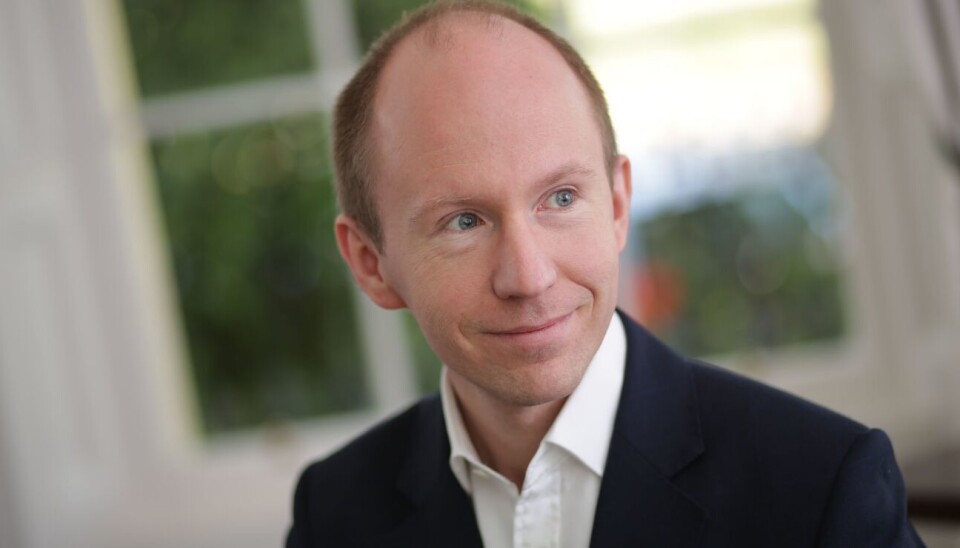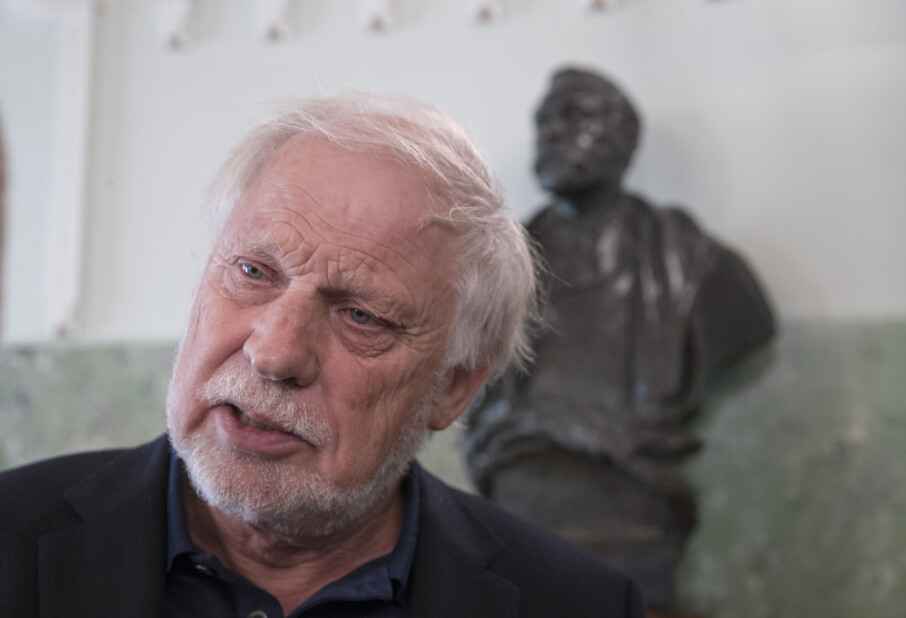
The people who become CEOs aren’t necessarily the smartest in the company
For every top executive at a large company, there are likely more than a hundred employees who are smarter.
Leaders who take top management positions clearly score higher than average in studies, from both a mental and physical standpoint.
But for every person who becomes a top manager in a large company, there are often more than a hundred people under him or her with higher scores on qualities we associate with managers — and yet none of them end up becoming CEOs.
Doctors are smarter than top executives
“If you compare a top executive with the average population, they are quite special,” said Samuli Knuepfer, a professor at BI Norwegian Business School. “But if you compare them with a relatively large sample in the population with good cognitive abilities, these leaders don’t typically stand out as the smartest.”
He cites doctors as an example of a professional group with clearly better cognitive abilities on average than top executives in medium-sized companies.
Examined one million soldiers
Celebrities like Bill Gates, Mark Zuckerberg and Michael Dell all reached the top before they turned 30. Many examples like these have made it easy for us to imagine that certain people are almost born to be top executives.
Professor Knuepfer has studied this exact issue. He and his colleagues investigated more than one million 18-year-old Swedish men. Which of them became top executives after they had completed their military service?
Conscripts were chosen because all the young men who were called up had to undergo tests and measurements where they were examined physically and mentally.
The researchers found that…
· Top executives are among the 17 per cent in the population with the best cognitive abilities. But they are by no means exceptional when it comes to what we usually think of as being smart.
· Top executives were found among the 5 per cent in the population who score the highest when it comes to the combination of cognitive abilities, non-cognitive abilities and the person's height.
“Non-cognitive abilities, such as social skills and the ability to take the initiative, thus seem to be more important than cognitive abilities if you want to become a CEO,” Knuepfer said.
“So it is probably a combination of abilities that gives us good leaders.”
He adds that top executives on average score far better than doctors on social and other non-cognitive qualities. But here, the executives also weren’t exceptional in any way.
Surprised
In many studies over the years, various researchers have found a clear connection between how much money a person earns and the person's height, the person's cognitive abilities and the person's non-cognitive abilities.
The expectation Knuepfer and his colleagues had when they began their study was that this would prove to be even more true for top executives.
Although they found that top executives belong to the five per cent of the population who have the highest score on a combination of these abilities, the researchers were surprised that CEOs didn’t get a higher average score on cognitive abilities when they were 18 years old and in the military.
So why, then, do they make so much money?
Top executives not so smart
“Top executives are not as smart as we might have thought. The Swedish CEOs we studied do not belong to any kind of ‘cognitive elite’," Knuepfer said.
Swedish top managers earn on average 12 times as much as other workers. Norwegian top leaders are often paid five times the salary of Norwegian Prime Minister Erna Solberg — or even more. They are paid very well, even when compared with other highly paid professions such as doctors, lawyers and engineers.
When someone gets paid exceptionally well, the pay is often justified by that particular person's special abilities.
“But the large study we did may suggest that it is not the abilities that people pay very well for,” Knuepfer said.
Knuepfer does not believe that he and his colleagues would have come to any particularly different conclusion if the study had been done on leaders in Norway.

Why aren’t the smartest people becoming CEOs?
In the gender equality debate, the proportion of women in jobs as CEOs in private companies is sometimes cited as an example of discrimination against women. Top level management has proven to be a bastion that is difficult for women to surmount.
Others have suggested that women may not want this kind of job.
Knuepfer and his colleagues think a bit along the same lines: Perhaps it’s true that a large proportion of society’s smartest individuals simply cannot imagine working as a CEO. Despite good pay, it may be that many of the smartest workers think that all the job pressure and uncertainty is not worth the money.
Reference: Renée Adams, Matti Keloharju and Samuli Knüpfer: “Are CEOs Born Leaders? Lessons from Traits of a Million Individuals,” Journal of Financial Economics, 2018.































